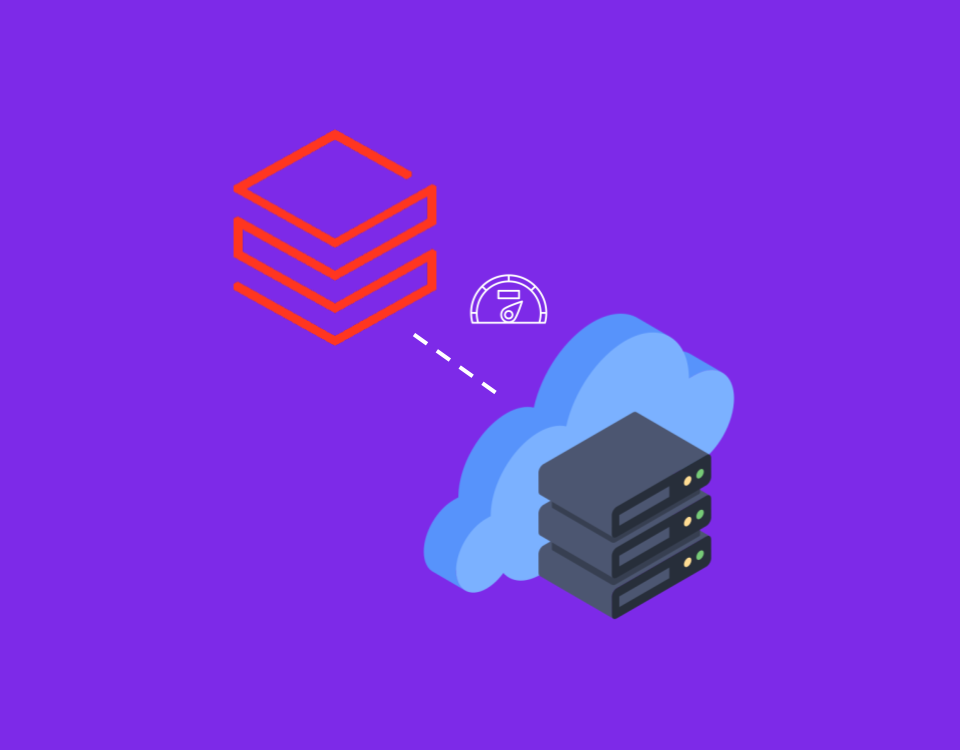DevOps is not a goal, but a never-ending process of continual growth.
As technology evolves every day, Developers are coming up with new strategies and ideas to improve and repose the working style. DevOps is one such innovation. In easier words, DevOps means development and operation. It is a combination of tools and practices created to enhance the businesses' ability to deliver apps and services swiftly compared to the traditional development process. It builds an agile collective relationship between development and operation. In the DevOps model, both development and operation teams work cooperatively, from the development phase to the deployment phase, in order to develop more efficient and reliable software. Cloud DevOps is basically applying DevOps on a cloud-based architecture.
Benefits of Cloud DevOps
- Simple Automation
Automation is an essential feature for architecture management. You can create a stronger system that will be more automated across every part of the architecture using DevOps. It offers architecture provisioning, running of test cases, reporting mail using an alert, etc. DevOps look after server management, OS repairing, CI-CD setup for automating deployment, and so on.
- Quick Deployment
Cloud assists in fast deployment but customizing it without DevOps tools would be a difficult task. DevOps builds custom logic and writing capabilities that resolve many infrastructural issues. Using DevOps tools like Jenkins and Bamboo, you can set up the build once new code is added to the version code, pull the latest code, run test cases, trigger deployment, and promote test code to product space. All these processes require the least human interaction.
- Cloud Server Replication
DevOps automates the manual restoration of backups in a different environment. Imagine a scenario where there is a discount on your product, and you are expecting several sales. Just in case, traffic is way more than you expected, and your website suffers downtime. The customers will face difficulty, and you will suffer loss. DevOps can scale on-demand temporary replica of the production environment for balancing the peak load in order to serve stable and downtime free application. It also helps in real-time scaling and spinning up the new server.
- Effective Monitoring
Cloud centralizes all the services in one place. These services are automation, monitoring, backup, restoration, and infrastructure services. However, Cloud monitoring is limited. DevOps prompts custom alerts and proactively monitors to utilize resources more effectively.
- Improved Collaborations
In the DevOps model, operations teams and developers collaborate, divide their responsibilities, integrate their workflows to save time, and give quick deliveries.
- Reliability
DevOps works on the idea of continuous integration and continuous delivery to produce standard software. They can effortlessly adapt to changing infrastructural environments and maintain optimal experience for the end-user.
Challenges with Cloud DevOps
- Absence of Cloud Proficiency
Although cloud technology is ten years old still, few people have a good command of cloud technology. People are so much engaged in their day-to-day work that they don't have enough time to learn the whole particulars of the cloud. So when it comes to transferring the data on the cloud platform or working on containers and serverless architecture, it is still a challenging task.
- Extravagant Cost model
Cost is a challenging factor and should be planned prior to implementation. Many executions fail because nobody expects the cost to shoot up so high. Before starting working on software, one should look after their budget in order to get an economical end product.
- Scaling process
Small-scale businesses can adopt the cloud platform easily without any hassle. For large-scale businesses implementing cloud service can be troublesome. They require automation and tools to switch to the cloud platform.
- Security
Security is a critical task in implementing cloud DevOps. For Rapid development, many developers acquire the agile method. In the agile method, there is a sprint(window to complete the work in a period of time). To complete the task in a sprint developer sometimes overlooks the security resulting in the vulnerable end-product. Many traditional practices like SAST and DAST and advanced security methods are practiced to get the secure product.
Best practices for successful cloud DevOps
- Attune goals with business objectives
The three main objectives of successful cloud DevOps are people, process, and tools. You should identify the correct collaborator, recognize the right automated tools, and process that aligns with your business goals.
- Increase the usage of automation tools and Technologies
To successfully implement cloud DevOps, businesses should fully use automation tools and technologies. The automation tools can deploy applications at a faster rate and in an effective manner. Automation establishes precision, flexibility, reliability, and increases delivery time in less time.
- Monitor CI/CD Pipeline
CI / CD pipeline plays an essential role in cloud DevOps. Consistent monitoring helps in failure detection and prevention. There are several DevOps tools like DevOps monitoring DevOps alerting Devops visualization tools A business can leverage Effective DevOps monitoring can enhance the development environment that will lead to a better quality product
- Focus on the continuous feedback mechanism
Businesses attempt to satisfy customers’ needs and more customer-centric software enables continuous feedback mechanisms to get customer feedback in order to increase the software quality.
- Go serverless to maximize profits
Cloud DevOps will be most effective in the server-less infrastructural environment. It helps the development and operation team to focus more on product delivery instead of infrastructure management. Various tools like Amazon Lamba or Azure function successfully Run code on serverless architecture.
Conclusion
To outshine your business in this constantly evolving world, you must embrace cloud DevOps. It will ensure security, minimize the risk, guarantee compliance, automates the task, and deliver the software in minimum time. It will continuously work on the features of the product to upgrade the product.




